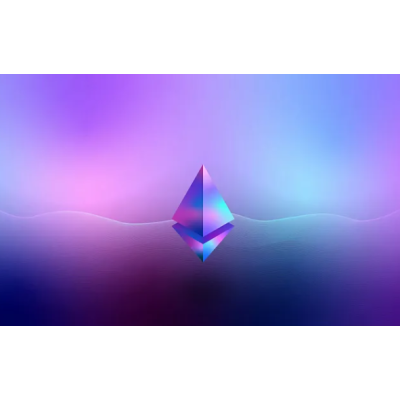

Ethereum (ETH) is available to trade directly and for setting up trading bots on the CryptoKnowledge app. This page overviews all relevant Ethereum (ETH) trading bot information you must know.
CryptoKnowledge generally supports three exchanges: Binance, ByBit, and MEXC. The list below provides an overview of the exchanges supporting Ethereum (ETH) trading bots.
Supported Exchanges:
The following table gives an overview of the trading signals that can be used to set up trading for Ethereum (ETH).
We added the backtest data to provide some additional information about Ethereum (ETH) trading bot. It shows the backtest results of the above trading signals for Ethereum (ETH).
Signal, Detected Signals, Success Rate(%)
At CryptoKnowledge, we pride ourselves on providing top-notch crypto data and tools. Our app is accessible on both the App Store and Play Store, featuring almost 200 crypto tokens and an array of functionalities like crypto signals, screeners, AI-based forecasts, and much more. Discover how we can elevate your trading experience, and download the app now!
Ethereum, launched in 2015 by Vitalik Buterin and a team of co-founders, is a decentralized, open-source blockchain system that features smart contract functionality. It stands as the second-largest cryptocurrency platform by market capitalization, following Bitcoin. However, Ethereum distinguishes itself from Bitcoin by its broader ambition: it aims not merely to be a digital currency but a platform for deploying decentralized applications (dApps) and smart contracts.
Smart contracts on Ethereum are self-executing contracts with the terms of the agreement directly written into code. These contracts run on the Ethereum Virtual Machine (EVM) and are powered by Ethereum’s native token, Ether (ETH). Ether is used to compensate for computational services and transaction fees on the Ethereum network, making it a digital currency and a “fuel” for the dApps running on the platform.
Ethereum’s introduction of smart contracts has revolutionized the blockchain sector, enabling many applications, from decentralized finance (DeFi) to non-fungible tokens (NFTs), gaming, and beyond. Its flexible architecture has made it a foundational layer for the emerging decentralized web, often called Web3.
The network is in the process of transitioning from a proof-of-work (PoW) consensus mechanism to proof-of-stake (PoS) through a series of upgrades known collectively as Ethereum 2.0. This transition addresses scalability and energy consumption issues, promising to make Ethereum more sustainable, secure, and scalable. With Ethereum 2.0, the network seeks to significantly increase transaction throughput via sharding, reduce gas costs, and decrease its carbon footprint, ensuring its position as a leading platform for decentralized applications and smart contract deployment.